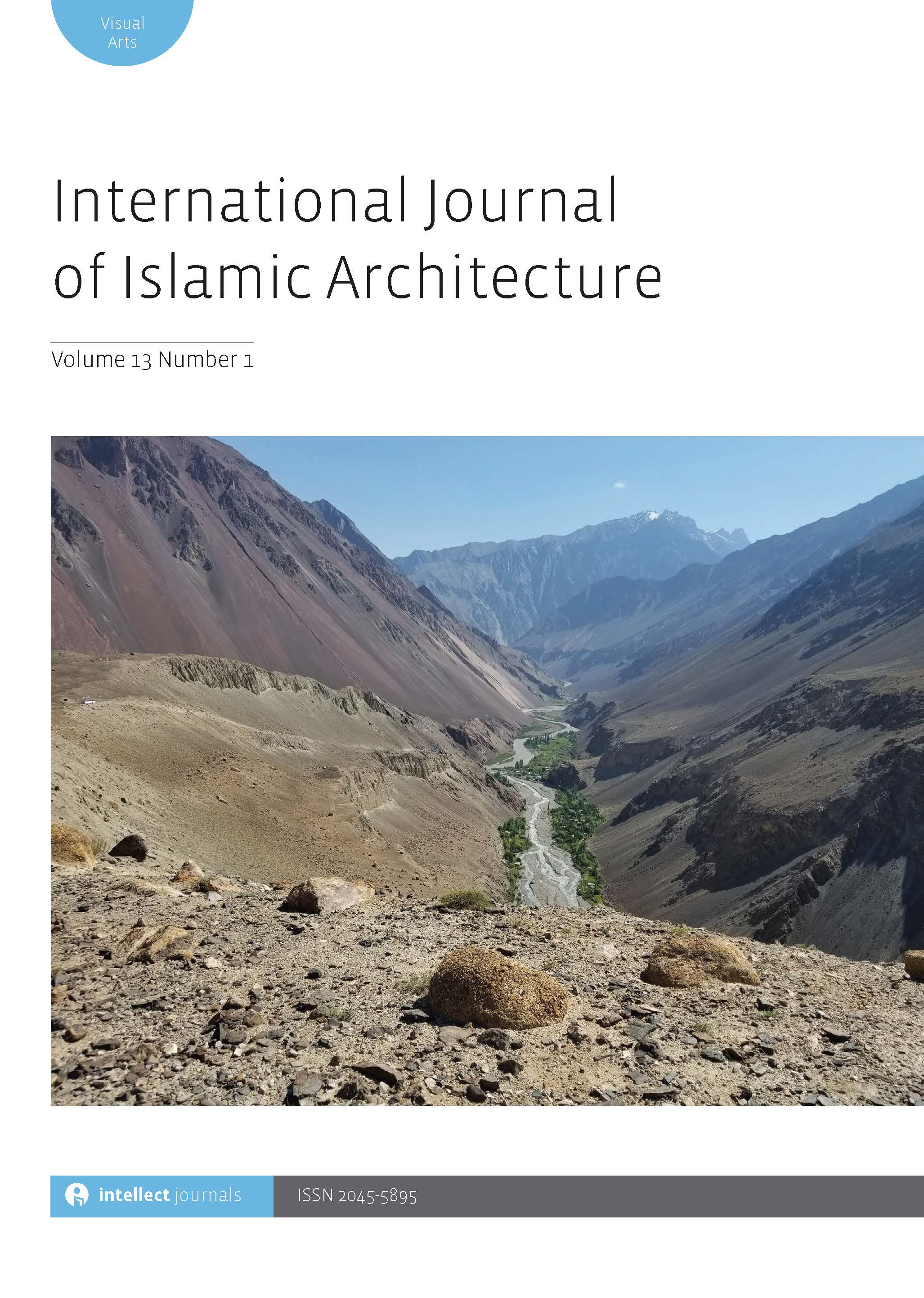-
oa Mobilities of Architecture in the Global Cold War: From Socialist Poland to Kuwait and Back
- Source: International Journal of Islamic Architecture, Volume 4, Issue 2, Oct 2015, p. 365 - 398
-
- 01 Oct 2015
Abstract
This article discusses the contribution of professionals from socialist countries to architecture and urban planning in Kuwait in the final two decades of the Cold War. In so doing, it historicizes the accelerating circulation of labour, building materials, discourses, images, and affects facilitated by world-wide, regional and local networks. By focusing on a group of Polish architects, this article shows how their work in Kuwait in the 1970s and 1980s responded to the disenchantment with architecture and urbanization processes of the preceding two decades, felt as much in the Gulf as in socialist Poland. In Kuwait, this disenchantment was expressed by a turn towards images, ways of use, and patterns of movement referring to ‘traditional’ urbanism, reinforced by Western debates in postmodernism and often at odds with the social realities of Kuwaiti urbanization. Rather than considering this shift as an architectural ‘mediation’ between (global) technology and (local) culture, this article shows how it was facilitated by re-contextualized expert systems, such as construction technologies or Computer Aided Design software (CAD), and also by the specific portable ‘profile’ of experts from socialist countries. By showing the multilateral knowledge flows of the period between Eastern Europe and the Gulf, this article challenges diffusionist notions of architecture’s globalization as ‘Westernization’ and reconceptualizes the genealogy of architectural practices as these became world-wide.


